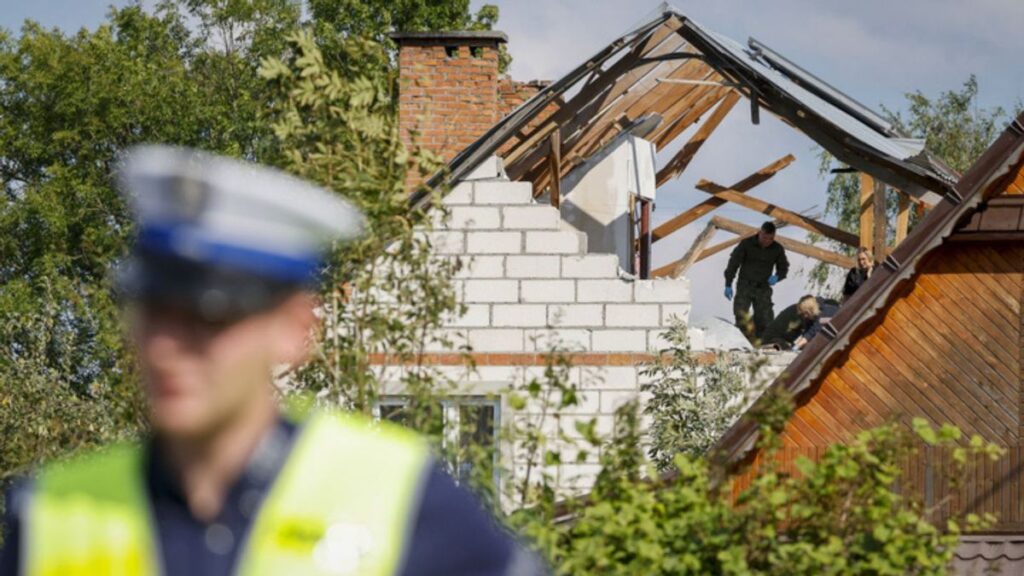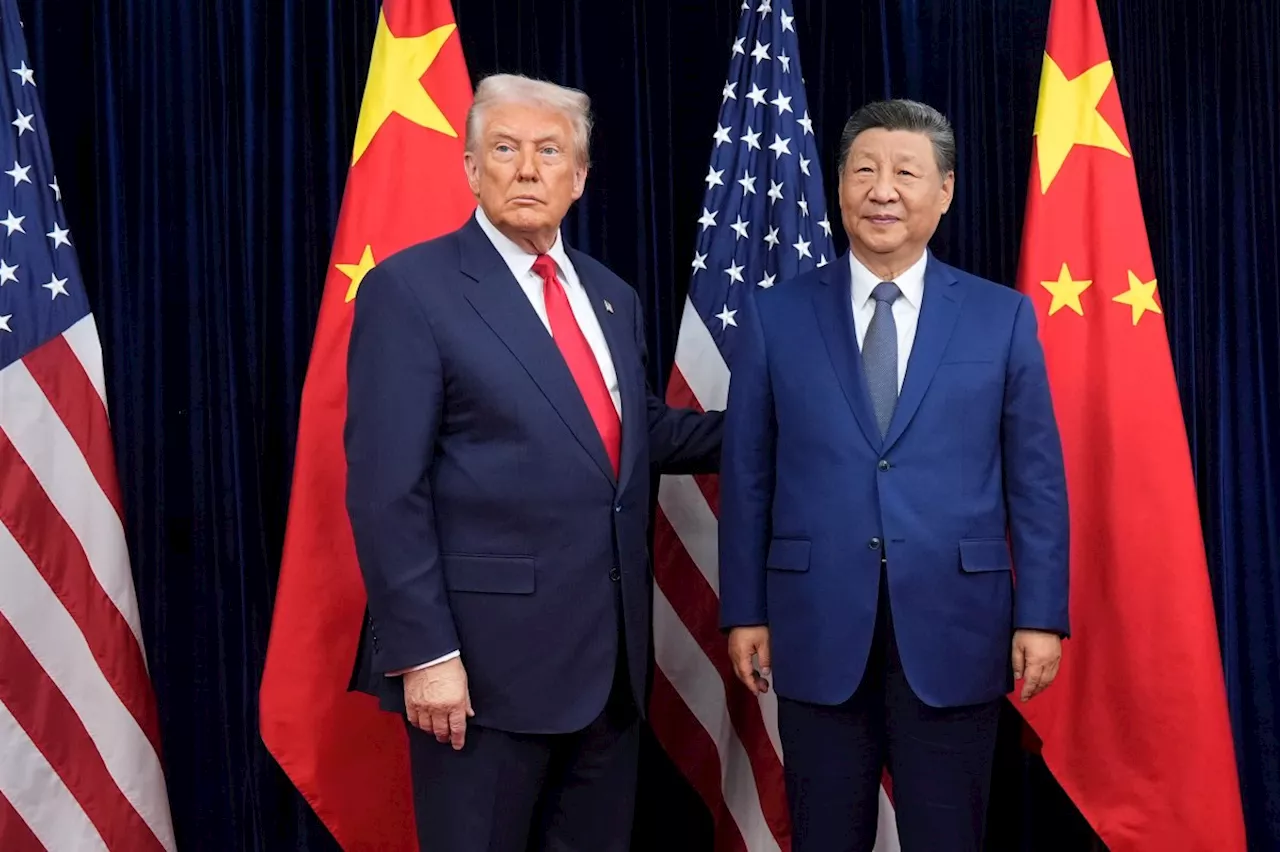
On September 9 and 10, 2025, Poland, in coordination with its NATO allies, intercepted and shot down multiple Russian drones that entered Polish airspace. This incident involved at least 19 drones, marking the largest recorded incursion by Russian drones into Polish territory to date.
The drones were part of a broader Russian offensive aimed at Ukraine, and the situation prompted significant national and international concern. Four Polish airports, including two in Warsaw, were temporarily closed as a precaution, and authorities advised the public to remain indoors.
Polish officials and other European leaders have expressed that these airspace violations were not accidental, describing the incursion as a “clear escalation” in the ongoing Russia-Ukraine conflict. In response, Poland invoked Article 4 of the NATO Agreement, which allows member states to seek consultations when a security threat arises.
The Russian Defence Ministry countered the claims, stating that the drones “allegedly” crossed into Polish airspace. Meanwhile, Belarus, Russia’s ally, suggested that the drones had “gone astray” as a result of electronic jamming.
Social media platforms were abuzz with posts referring to the drone incursion as a “systemic attack.” However, these claims have been met with skepticism. While some posts gained significant traction, attracting over 41,000 views, many users labeled them as “fake news,” demanding credible sources to back such assertions.
Despite the various interpretations of the incident, the facts indicate that the drones did not target specific locations within Poland. Any damage reported occurred either during the interceptions or as a result of the drones’ actions.
As tensions continue to rise in the region, the situation underscores the complexities of the Russia-Ukraine war and the potential implications for NATO’s collective security framework. The incident serves as a stark reminder of the evolving nature of warfare and the importance of international cooperation in addressing emerging threats.
In light of these events, the global community is closely monitoring developments in Eastern Europe, with implications for regional stability and security.







